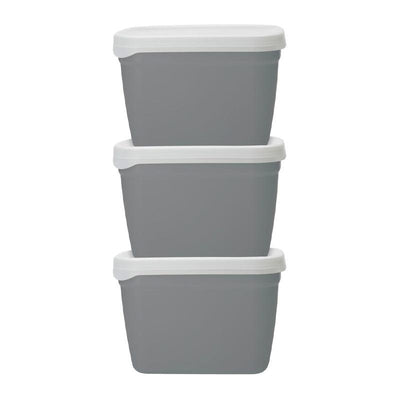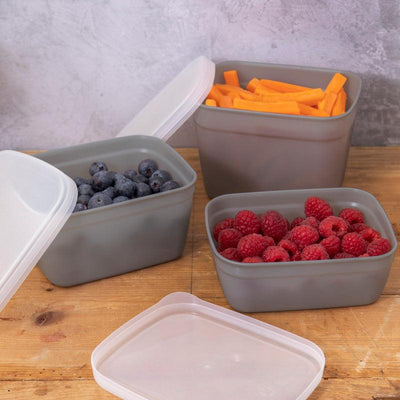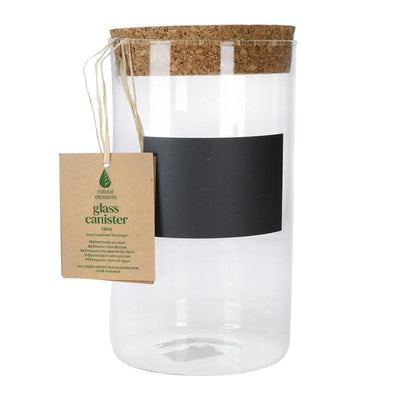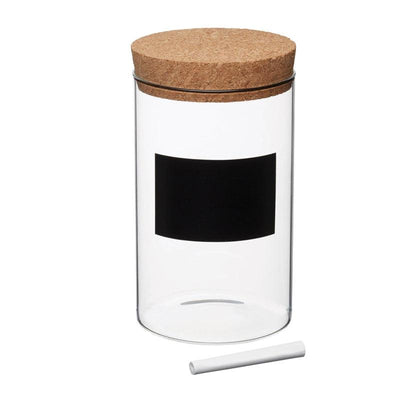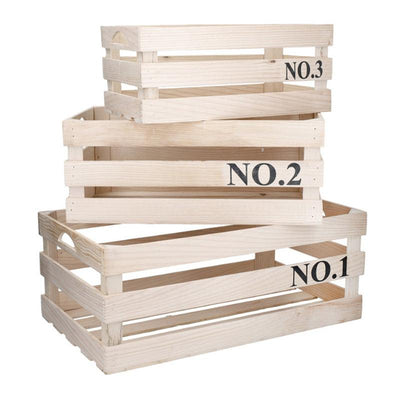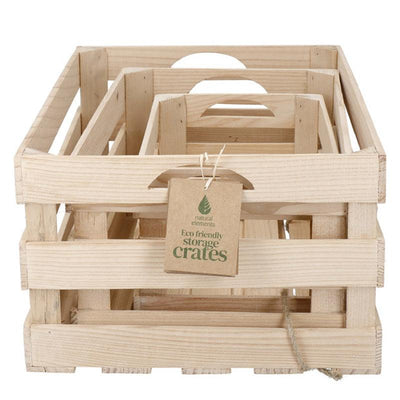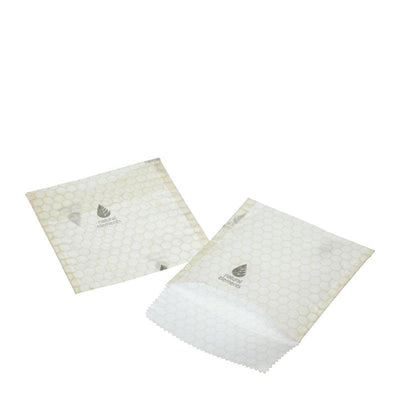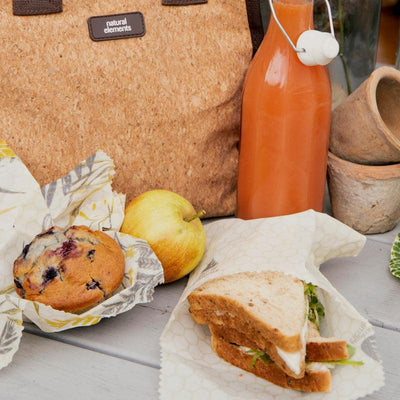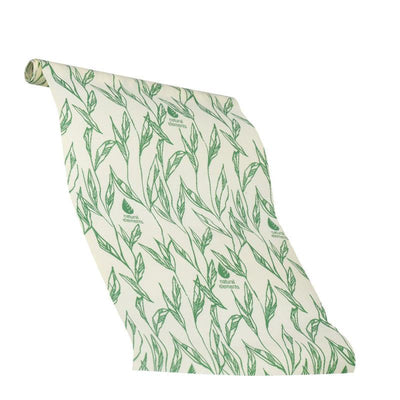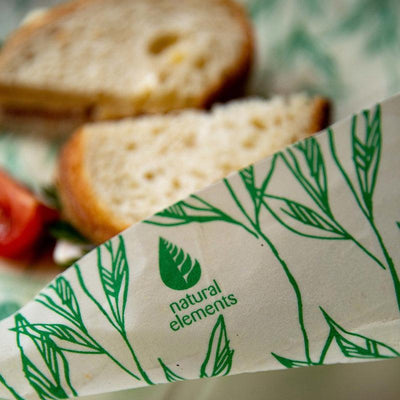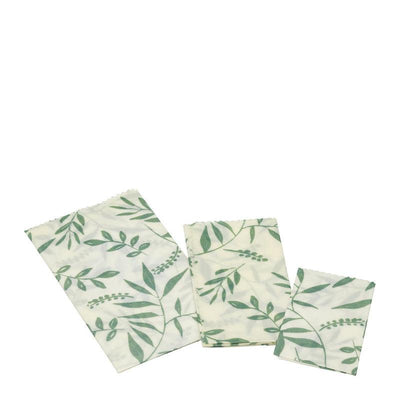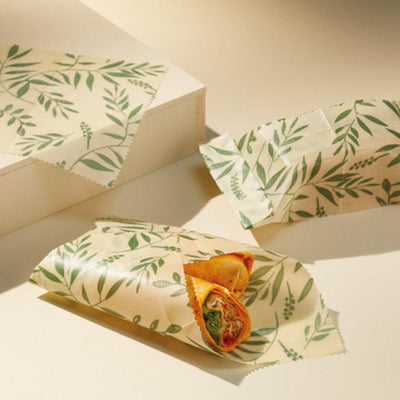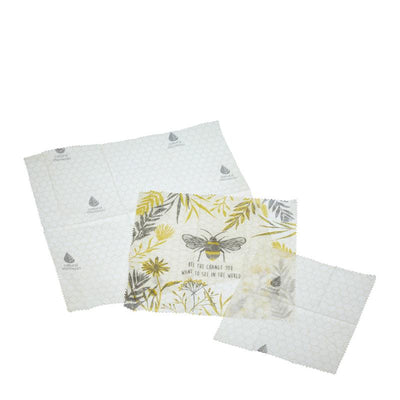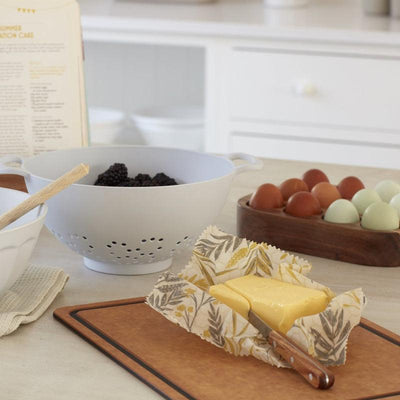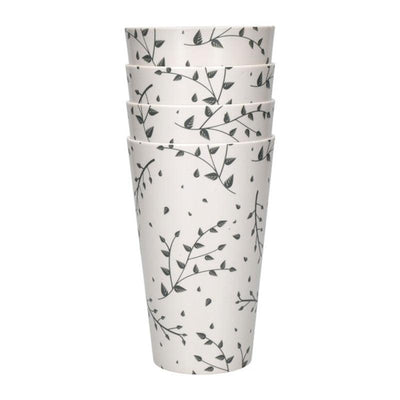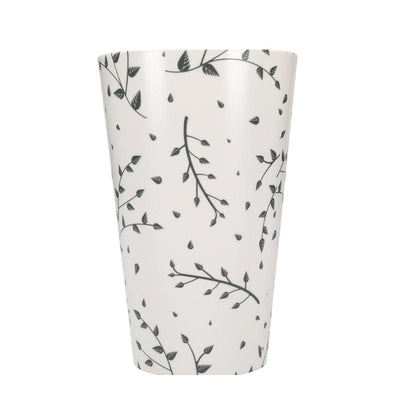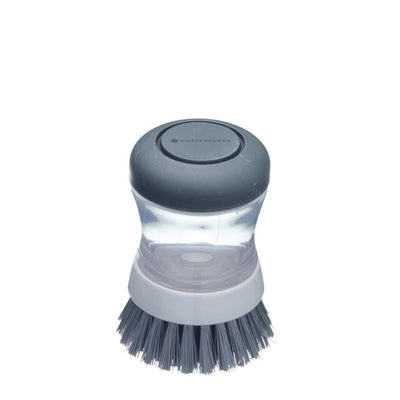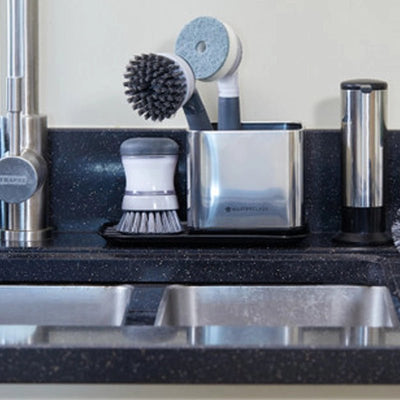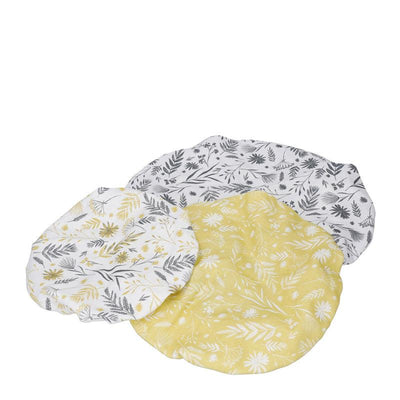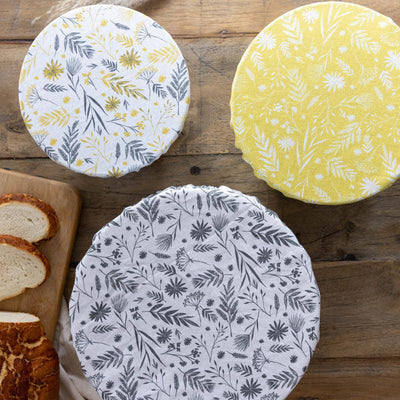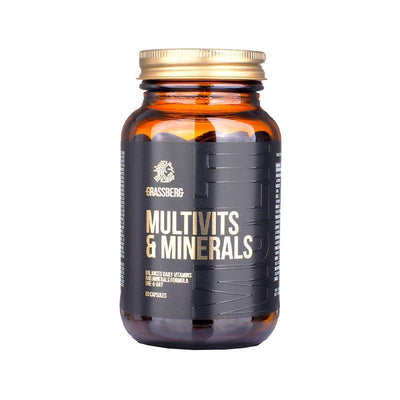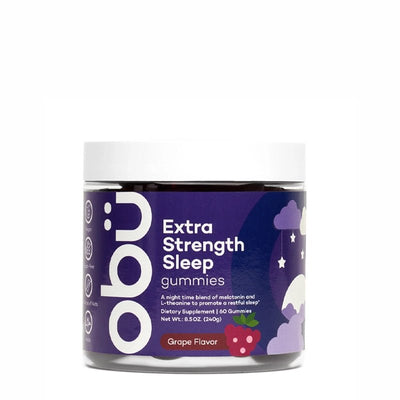Eco-Friendly Ramadan: Embracing Sustainability in the Holy Month

This Ramadan brings a meaningful opportunity for reflection, not just on our spiritual growth but also on our environmental impact. Across the globe, Muslims are looking at iftar, the meal to break their fast, with a new perspective. It’s a time for a moment for change.
Traditionally, iftar gatherings often involve single-use plastics that end up harming our environment. This year, however, there’s a growing movement towards sustainability. Muslim youths, Gen Z, and many mosques and community centers are leading the way, showing us that our spiritual gatherings can be both meaningful and environmentally friendly by cutting out plastics altogether
Why the Change?
Islamic teachings have long encouraged us to live with intention and care for our planet. The shift towards greener practices during Ramadan isn’t just practical; it’s deeply spiritual. It’s about living our values, about expressing the principles of moderation and compassion that are central to our faith.
During Ramadan, we fast from dawn to dusk, purifying our bodies and minds. But what if we also considered the health of our planet? The excessive use of plastics and disposables contradicts our values of conservation and mindfulness. By reducing our waste, we’re not just helping the environment; we’re aligning our actions with our beliefs. This includes rethinking the way we gift, opting for sustainable presents that reflect our commitment to the planet, whether it’s eco-friendly products or gifts that leave a minimal environmental footprint.
It’s inspiring to see the community come together, with individuals, families, and mosques all finding innovative ways to minimize waste. Whether it’s using reusable dishes at iftar, encouraging the use of sustainable products, or selecting eco-conscious gifts for our loved ones during Ramadan, every effort counts.
It’s a powerful reminder that we have a role to play in protecting our planet.
How Can You Participate?
It’s easier than you might think. Start small: bring your water bottle to iftar, use cloth napkins, or serve food on reusable plates. Consider also the
Beyond Ramadan
Our commitment to sustainability shouldn’t end with Ramadan. This holy month teaches us valuable lessons about self-discipline, gratitude, and community that can guide our environmental choices throughout the year.
Every action, no matter how small, contributes to a larger change. This Ramadan, let’s pledge to be more mindful of our environmental footprint. By choosing sustainability, we honor our faith, our community, and our planet. Let’s make this Ramadan a turning point for us and for future generations.
Eco-Friendly Ramadan Products
Mindfulness Meditation
Mindfulness meditation is a powerful tool that can help you cultivate greater awareness and presence during Ramadan. By practicing mindfulness, you can learn to be fully present in each moment and appreciate the blessings of this month more fully. This can help you develop greater gratitude and a deeper sense of connection with your mind and body.

Here are some tips for incorporating mindfulness meditation into your Ramadan routine:
1. Start your day with a short meditation. Set aside five to ten minutes each morning to sit in silence and focus on your breath. This will help you start your day with a sense of calm and inner peace.
2. Practice mindful eating. When you break your fast each evening, take a few moments to reflect on your and savor each bite of food. Pay attention to the tastes, textures, and smells of the food, and eat slowly and mindfully.
3. Take a break from technology. During Ramadan, try to limit your use of technology and social media. Instead, spend more time in nature, reading Quran, or engaging in other spiritual practices.
4. Practice gratitude. Each day, take a few moments to reflect on the blessings in your life and express gratitude for them. This will help you cultivate a sense of contentment and inner peace.

At Waha Lifestyle, we offer a range of products that can support your mindfulness practice during Ramadan. Our mindfulness journals, for example, offer prompts and exercises to help you reflect on your thoughts and emotions throughout the month. We also offer aromatherapy products to help create a peaceful and calming atmosphere for your practice.
Tips on how to choose your Ramadan Gifts:
- Consider the recipient's interests:
- Choose something useful:
- Think about the occasion:
- Personalize the gift:
- Keep it within your budget:
When selecting a Ramadan gift, it is essential to consider the recipient's interests. Do they enjoy reading? A mindful journal will do.
Selecting something practical that the recipient can use during Ramadan can be an excellent option. For example, a water bottle for when they break their fast could be useful.
Consider the occasion for gift-giving. For example, if it is for Eid, you may want to choose something more celebratory. If it is for the start of Ramadan, consider a gift that will aid in spiritual reflection.
Personalizing a gift with a message or the recipient's name is a great way to make it extra special. Have it with our Waha Lifestyle gift baskets.
Gift-giving during Ramadan should be a thoughtful gesture, but it is important to keep it within your budget. Consider setting a budget for the gifts to ensure that you do not overspend.

"Mindfulness is both a state of being and a daily spiritual practice, a form of meditation."
- David Richo


